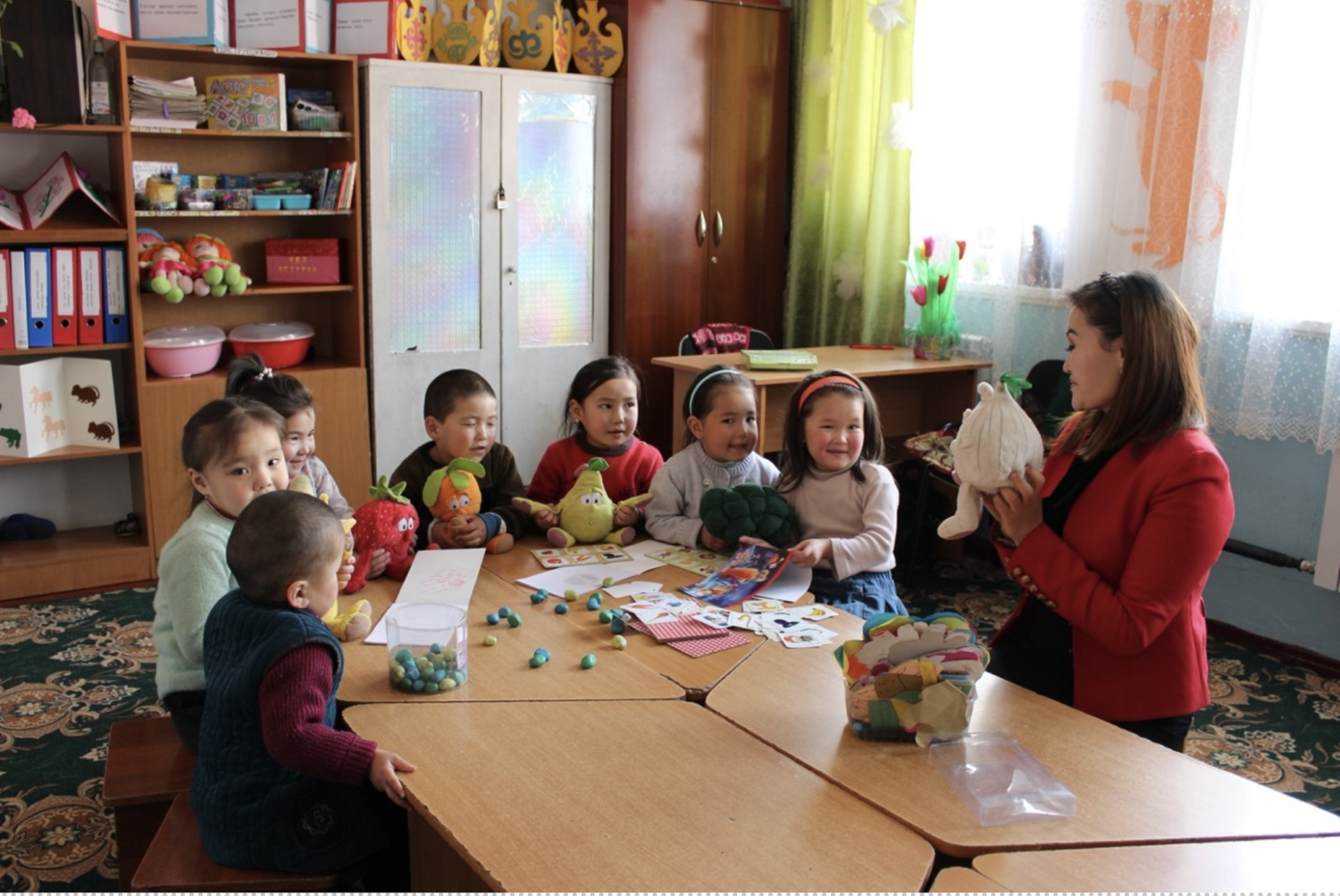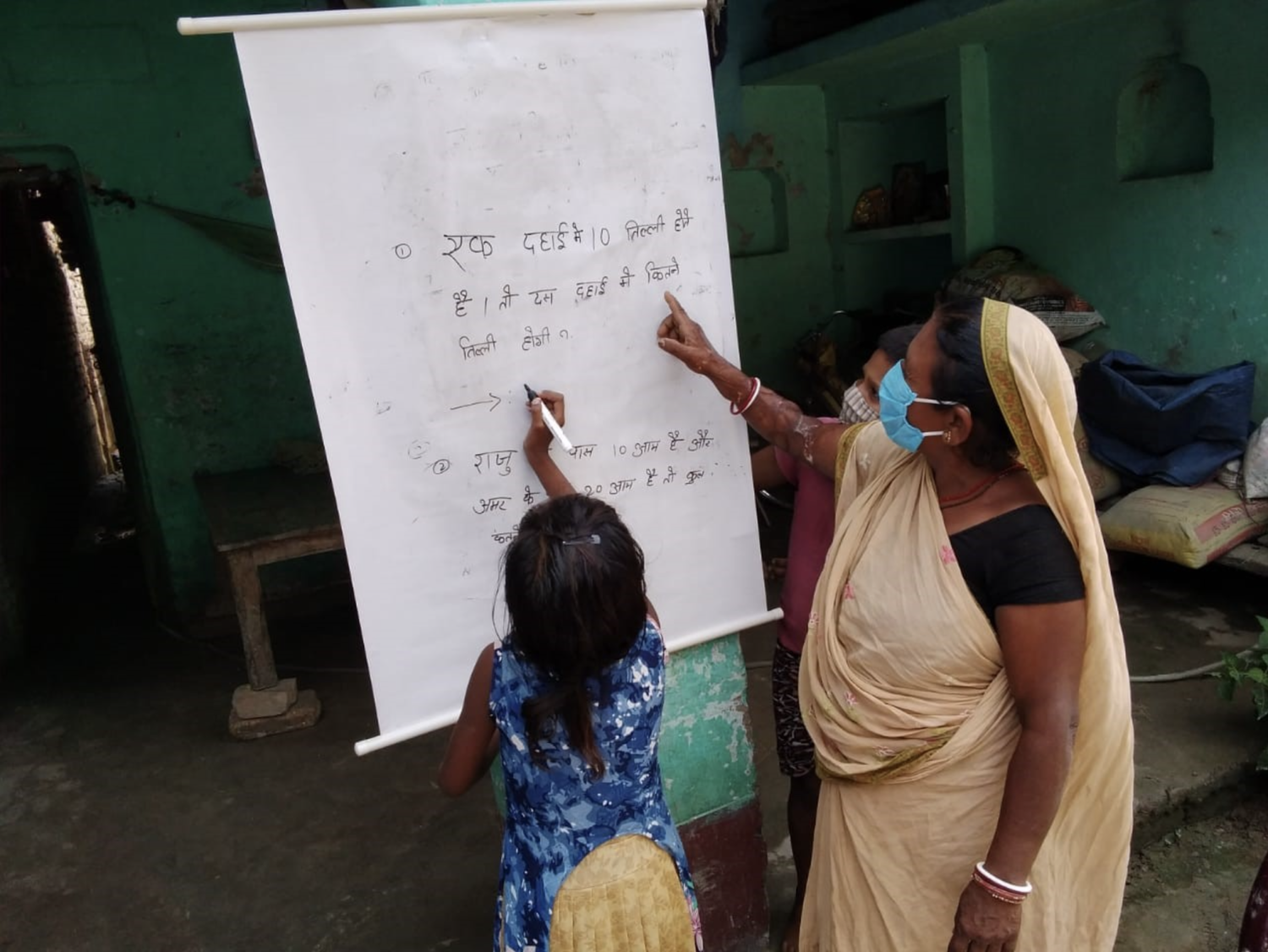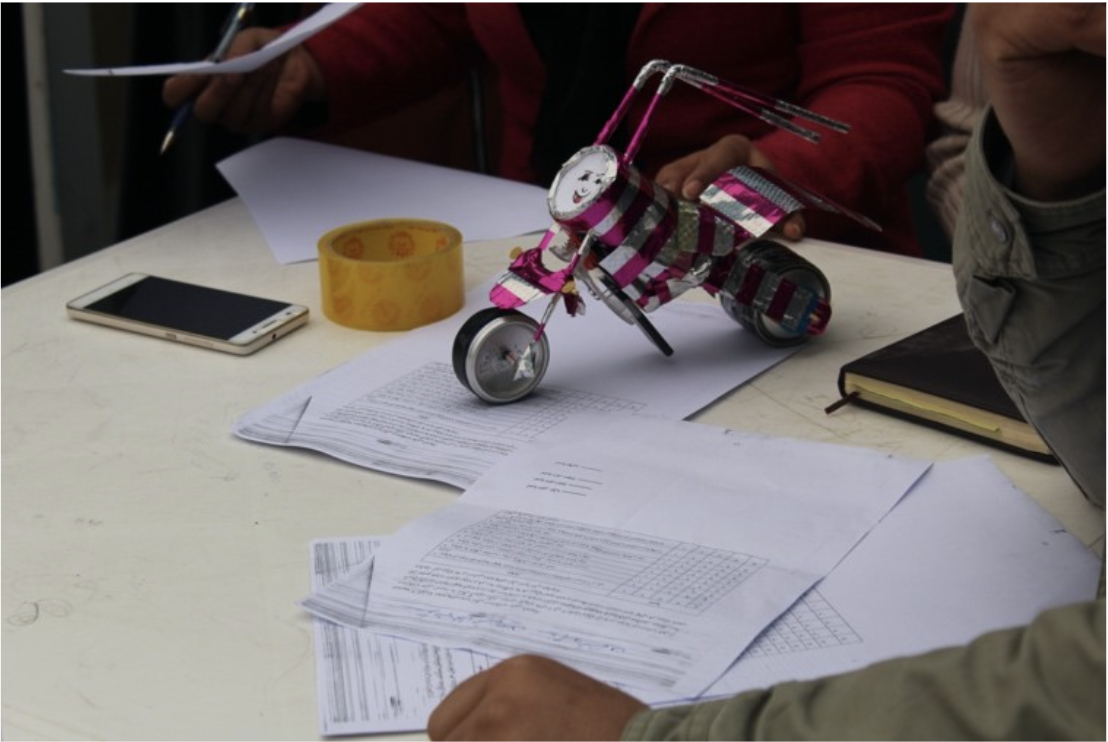Creativity and innovation are the keys to designing and pioneering sustainable economic and social solutions to the complex problems of poverty. At the Aga Khan Foundation, we work to harness the creative potential of the communities we serve to develop innovative solutions to the challenges they face.
AKF’s flagship education programme – Schools2030 – is one such example. School2030 provides a platform for teachers and students to design, create and implement education innovations. The best of these grassroots innovations then go on to inform and transform macro-level education systems with the aim of ultimately improving holistic learning outcomes for the most marginalised learners worldwide.
Let’s look at some of the innovations that have been developed by educators and students through this programme…
Migrant storytelling workshops – Kyrgyzstan
In Kyrgyzstan, many parents have to travel long distances away from their families – sometime abroad – to earn an income. These workshops aim to bridge that distance by asking migrant parent to tell a story to children via video-link each week. As they are unable to be present with their children for much of the year, this helps children feel connected to their parents and provides an opportunity for parents to be involved with their education. Teachers work with parents to prepare, helping select suitable stories and provide them with effective and interactive storytelling techniques. Parents can also conduct exercises with children related to the story content to improve the child’s engagement.

Learning Walls – India
Learning Walls are simple whiteboards or chart paper set up in remote communities with no access to technology. Each day, a volunteer writes a puzzle or question, encouraging children and the whole community to work together to problem-solve. So far, there are 80 learning walls across Schools2030’s geography in India. For children with very limited access to technology, the Learning Walls were a vital lifeline for continued learning during the pandemic lockdowns.

T-learning model – Tanzania
In rural Tanzania where access to learning materials is limited, educators came up with the ‘T-learning model’ to help pre-primary pupils read and master the 3Rs (reading, writing and arithmetic). Students pick a letter or number card, read them in front of a class and then insert the cards into the T-learning model. The competitive style aims to motivate students in a playful way, to learn and better understand letters and numbers.
Science Clubs – Afghanistan
Afghan students from across different ages and genders can volunteer to take part in an extra-curricular science club. Here, they can engage in a range of activities to support their improved knowledge of how the science they learn in school is applied in real-world situations. One of the activities includes engineering different working machines, for example a washing machine, a cooking stove or a miniature motorbike.





